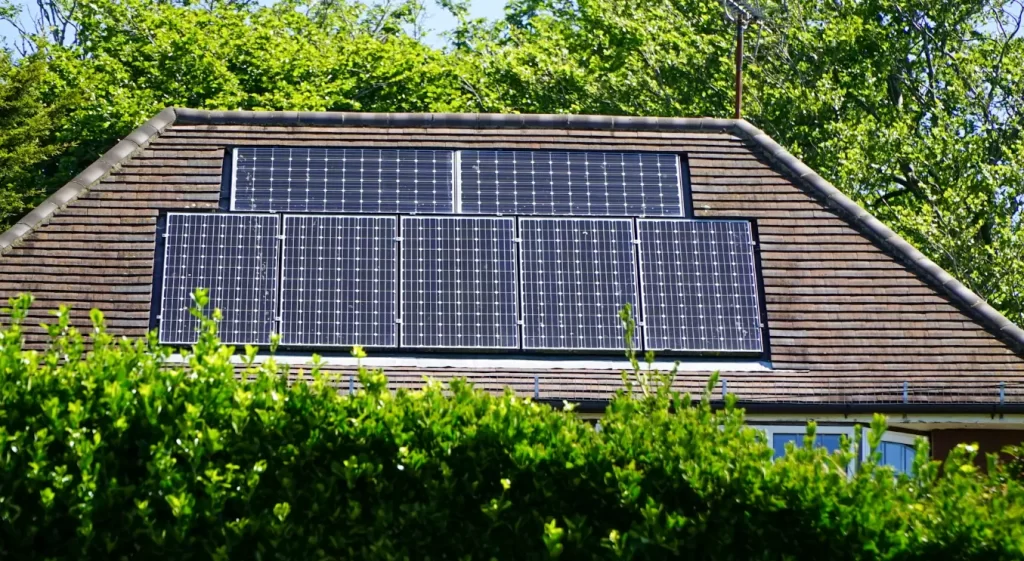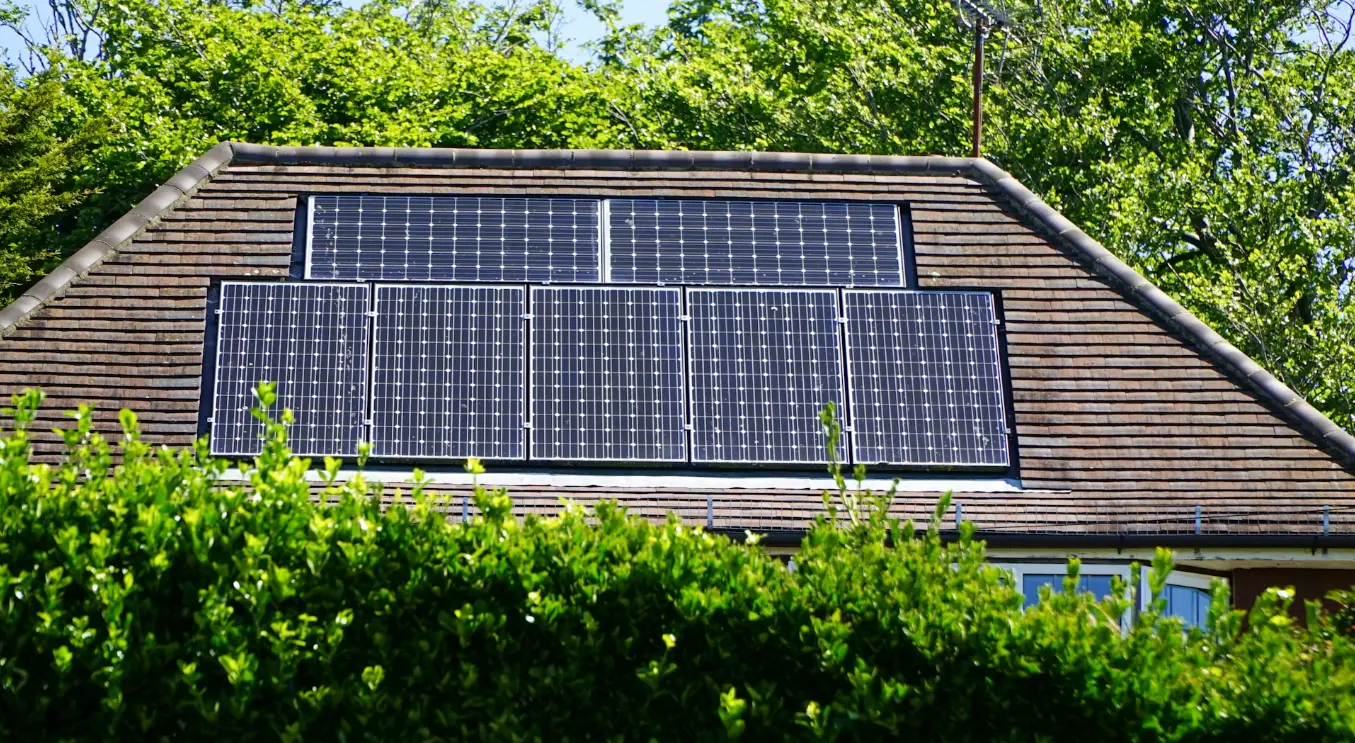
In recent years, residential solar energy has emerged as a popular and sustainable solution for homeowners looking to reduce their carbon footprint and energy costs. With advancements in technology and increasing awareness about environmental issues, more people are turning to solar power as a viable alternative to traditional energy sources. This article explores the benefits, installation process, and potential challenges of adopting residential solar energy.
Benefits of Residential Solar Energy
- Cost Savings: One of the most compelling reasons to switch to solar energy is the potential for significant cost savings. By generating your own electricity, you can drastically reduce or even eliminate your monthly utility bills. Additionally, many governments offer tax incentives and rebates to encourage the adoption of solar energy, further offsetting the initial investment.
- Environmental Impact: Solar energy is a clean, renewable resource that produces no greenhouse gas emissions. By installing solar panels on your home, you are contributing to the reduction of harmful pollutants and promoting a healthier environment. This is especially important in the fight against climate change.
- Energy Independence: Relying on solar power gives homeowners greater control over their energy supply. This independence from the grid can be particularly beneficial during power outages or in remote areas where access to electricity is limited.
- Increase in Property Value: Homes equipped with solar energy systems often see an increase in property value. Prospective buyers recognize the long-term financial and environmental benefits of solar energy, making such homes more attractive in the real estate market.
The Installation Process
- Assessment and Planning: The first step in installing a residential solar energy system is to conduct a thorough assessment of your home’s energy needs and its suitability for solar panels. This includes evaluating factors such as roof orientation, shading, and available space. A professional installer will help you design a system that maximizes efficiency and meets your specific requirements.
- Permitting and Approvals: Before installation can begin, you will need to obtain the necessary permits and approvals from local authorities. This process ensures that your solar energy system complies with all relevant building codes and regulations.
- Installation: Once all permits are in place, the installation process can commence. This typically involves mounting the solar panels on your roof, connecting them to an inverter, and integrating the system with your home’s electrical infrastructure. Depending on the complexity of the project, installation can take anywhere from a few days to several weeks.
- Inspection and Activation: After installation, your system will undergo a final inspection to ensure it meets all safety and performance standards. Once approved, your solar energy system can be activated, allowing you to start generating clean, renewable energy for your home.
Potential Challenges
- Initial Costs: While the long-term savings are substantial, the upfront costs of purchasing and installing a solar energy system can be high. However, financing options such as loans and leases are available to help make solar energy more accessible.
- Maintenance: Solar panels require minimal maintenance, but they do need to be kept clean and free of debris to operate at peak efficiency. Regular inspections and occasional cleaning are necessary to ensure optimal performance.
- Weather Dependence: Solar energy production is dependent on sunlight, which means that weather conditions can impact the amount of electricity generated. However, modern solar systems are designed to store excess energy produced during sunny periods, ensuring a reliable power supply even on cloudy days.
Residential solar energy offers numerous benefits, including cost savings, environmental protection, and increased energy independence. While there are some challenges to consider, the advantages far outweigh the drawbacks. As technology continues to advance and the global push for sustainable energy solutions intensifies, residential solar energy is poised to become an integral part of our future. By harnessing the power of the sun, homeowners can contribute to a cleaner, greener planet while enjoying the economic benefits of renewable energy.





